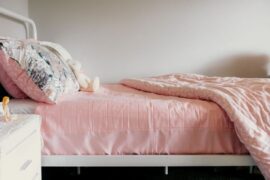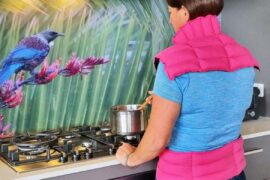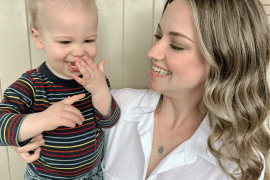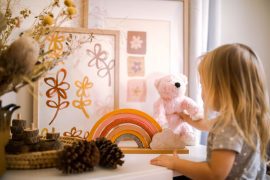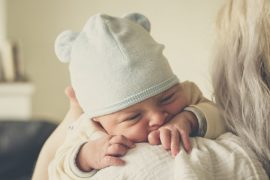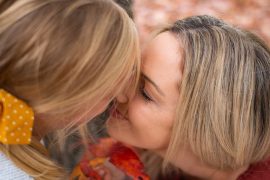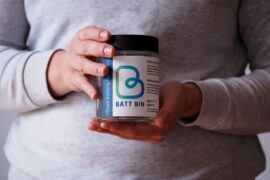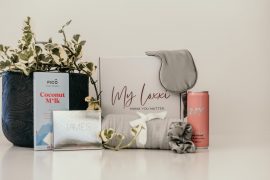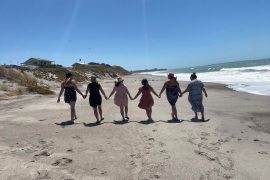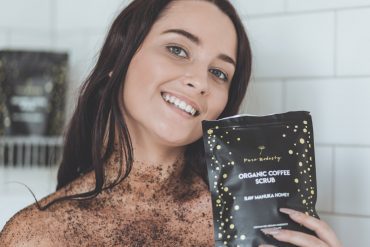”Ultimately, if more people support Fairtrade products like chocolate, coffee and cotton then whole communities benefit. We’re here to tell you that small decisions can make a big difference,” says Ms Harriss Olson.
“My hopes are that more and more people will recognise the Fairtrade mark and reward the businesses who chose to be part of the most robust ethical trade system in the world. We all want to see trade transformed so that consumer choices are truly benefitting people and the planet.”
How do you know if something really is Fairtrade?
It’s as simple as looking for the Fairtrade mark! You’ll see it on the packaging of coffee, tea, chocolate and on the labels of cotton products. If you look closely at it, you’ll notice that it’s actually a farmer waving. If it doesn’t have that mark, then it’s not Fairtrade, even if they use other words to suggest that they are sustainable.

What’s an example of a Fairtrade program that makes a difference?
Intuitively we all know that the strength of women forms the backbone of families, and therefore communities. This is especially true in developing countries like Timor Leste which is why Fairtrade ANZ was excited to launch its first Women’s School of Leadership (WSOL) there in February this year.
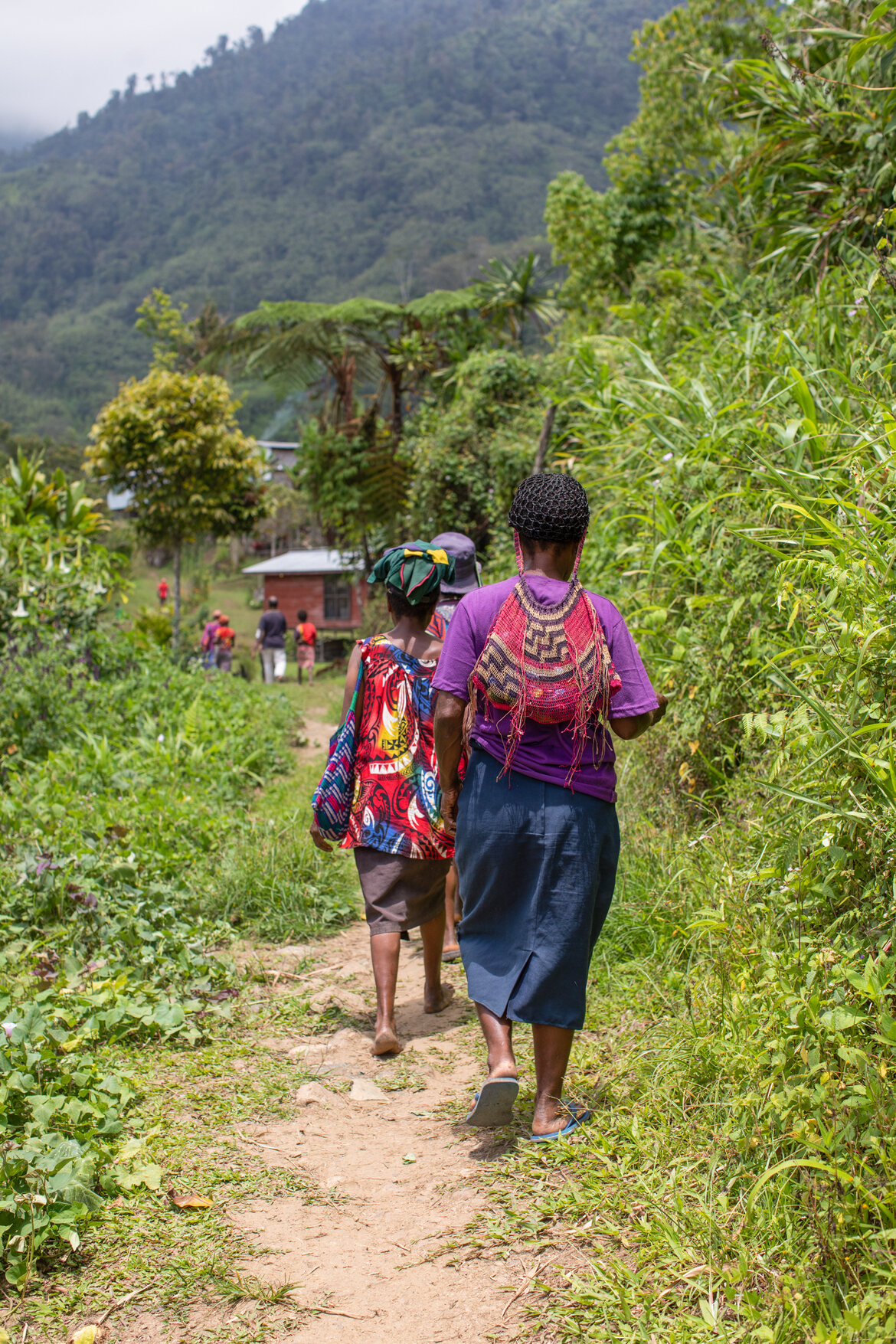
The WSOL concept was first run in West Africa in 2017. The year-long program teaches confidence, money management, sustainable farming practices and gender rights to leaders (of all genders) in the local communities.
“We know, from Fairtrade’s experience internationally, that this program changes lives. When women are empowered, the whole society benefits, partly because women choose to spend their money supporting the household. This means less poverty, more food and more children in education,” says Ms Harriss Olson.
Twenty-six women and men were handpicked for the program from a group of Fairtrade coffee farmers aged between 18 to 48. They included Madalena da Costa Soares who is 21 years old and comes from a farming family in the Ainaro district of Timor Leste in the southwest of the country. She has five sisters and one brother and is hoping that the WSOL will help her fulfill her aspirations.
“I want to be an independent woman…I want to create my own business, such as having a stall, because I don’t want to depend on my parents,” she says.
“I want to focus on what I receive in this course so I can also share it with young people or girls so that it can improve the lives of the community.”
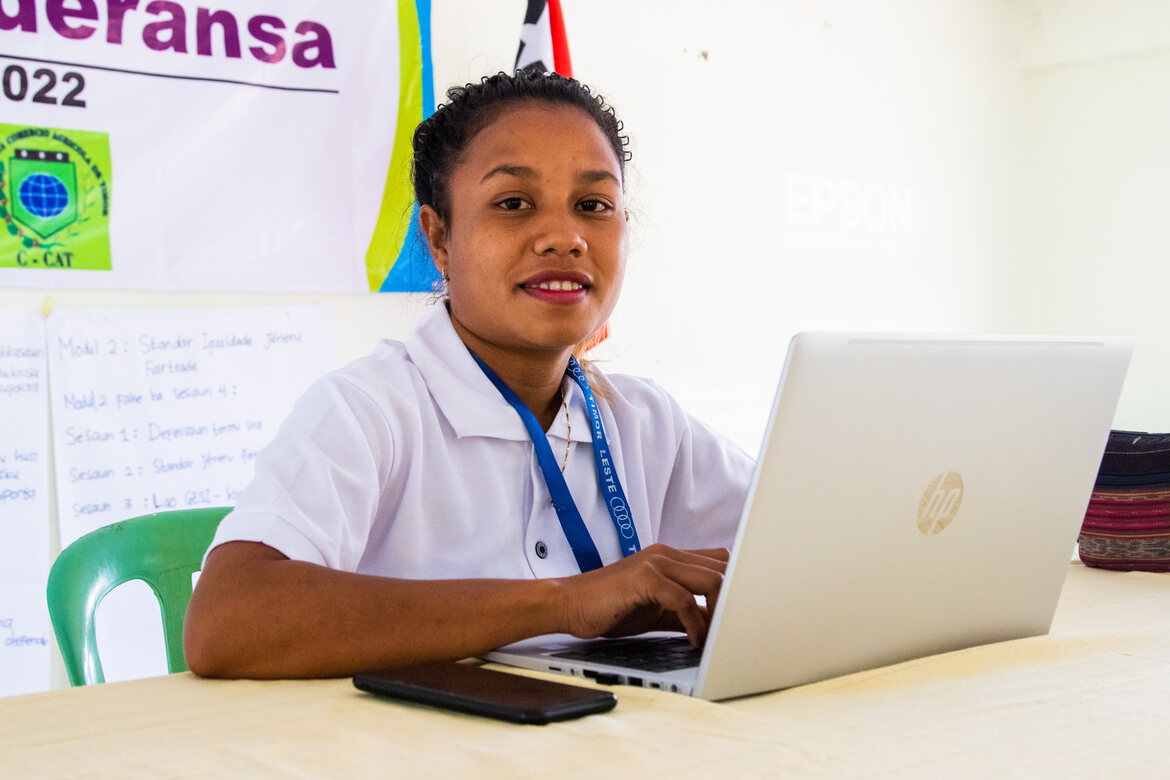
In May this year, the school was also rolled out for twenty-five coffee farmers from the highlands of Papua New Guinea as well.
So what are some Fairtrade products available in New Zealand?
There are actually 978 Fairtrade products for sale in Australia and New Zealand so look out for the Fairtrade mark!
To find our more about Fairtrade ANZ, visit them at www.fairtradeanz.org. You can also follow them on Facebook and Instagram.

